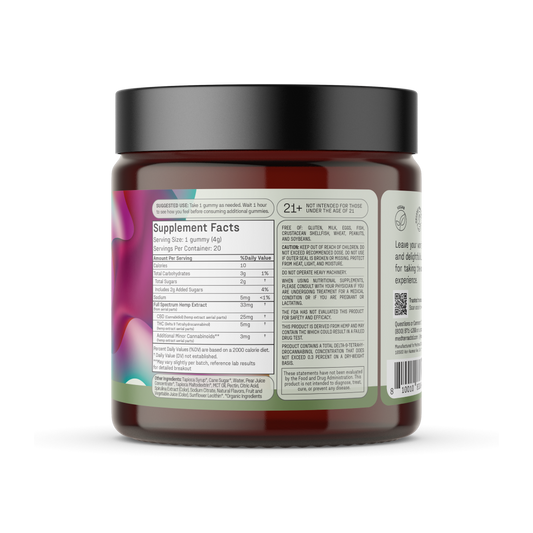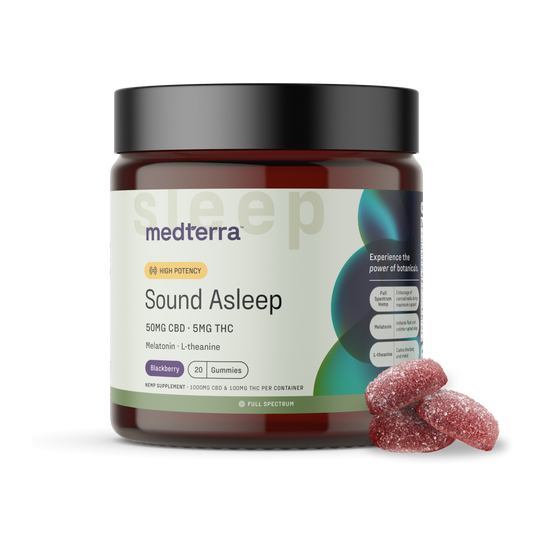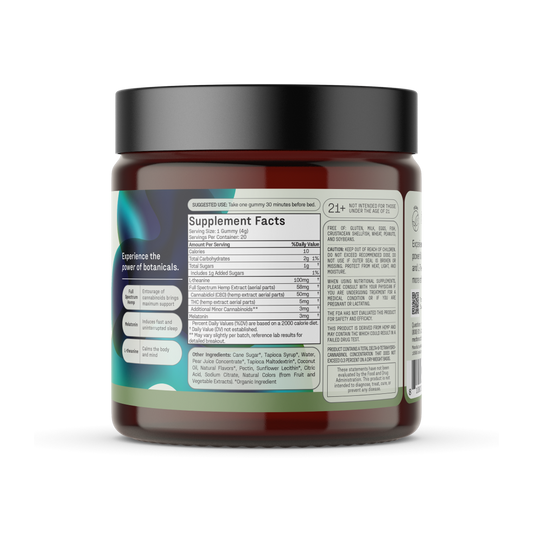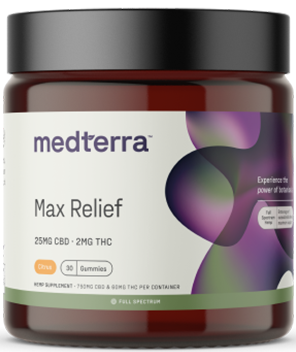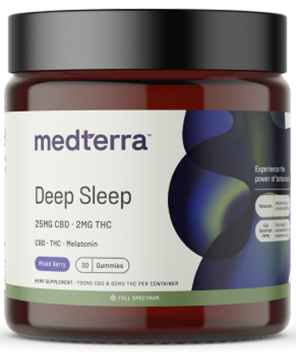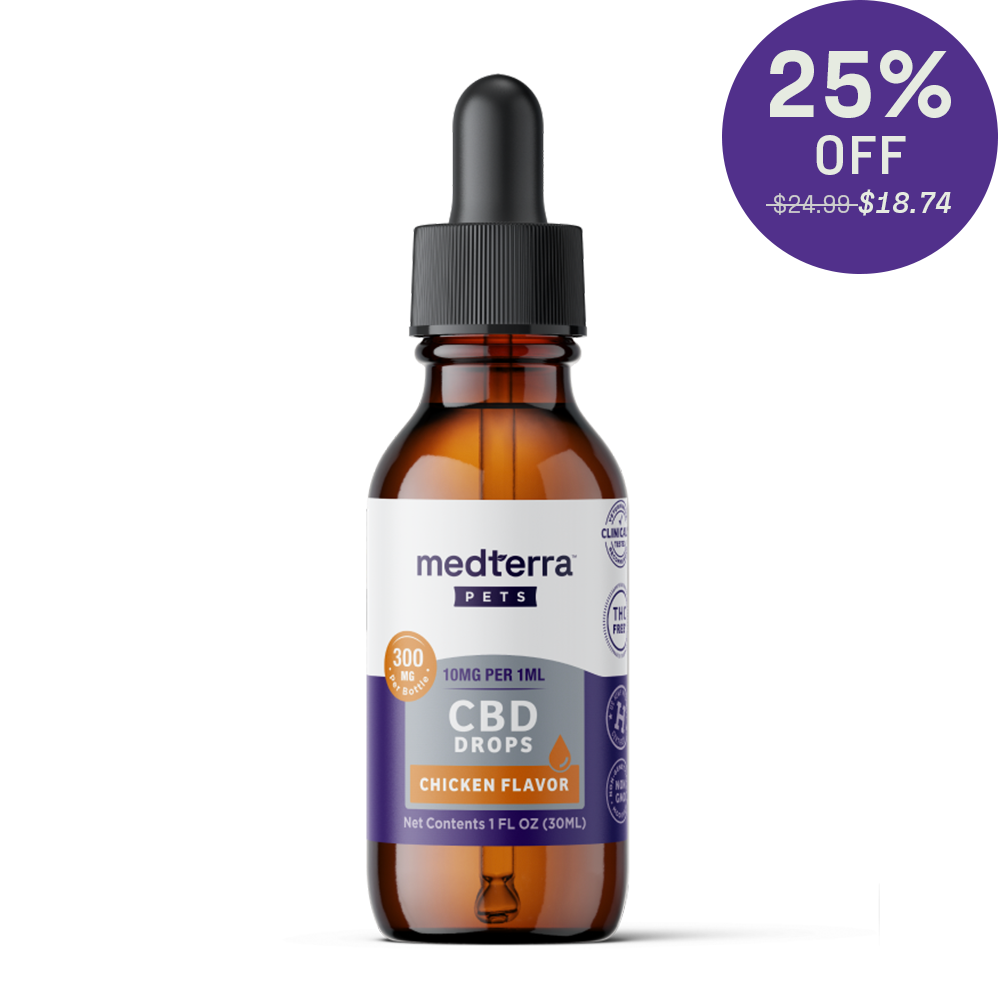Has your furry friend been acting more anxious recently? If so, you wouldn’t be alone. Anxiety rates for both people and pets have been rising in the last year! That’s why in this special Q&A article, we’ll be bringing in a true pet expert, Dr. Lisa Lippman. As NYC’s premier veterinarian, Dr. Lisa is one of the most followed and socially influential veterinarians in the United States.

Here’s what she has to say about separation anxiety — and how you can help your pet escape it.
The Pandemic = Increased Stress For Pets
I’m not the only vet who’s noticed a huge uptick in adoptions during the pandemic. It’s estimated there have been over 11 million adoptions since the start of the pandemic.
This trend has been great for shelters and great for owners.
We expect adoption numbers to continue to rise. Interestingly enough, most of the people adopting pets right now are first-time pet owners. But all sorts of people are considering welcoming more pets into their families.
The Signs Of Separation Anxiety
We humans aren’t the only people feeling extra-stressed right now. Many of our pets are feeling the heat right now, too!
Below are some of the top signs of separation anxiety to look for.
- Whining
- Pacing
- Panting
- Drooling
- Indoor accidents
- Excessive vocalizing
The signs are pretty diverse, and they can range from mild to severe. Some pets will damage the house or themselves when feeling extra stressed. This type of behavior can continue until the underlying cause of your pet’s anxiety has been addressed.
Most of the pets are similar in the way that they are dealing with separation anxiety. The signs can vary from pet to pet, but they overlap.

What I recommend for pets with separation anxiety
Getting your pet on a good routine is very important. If they know when they’re going for a walk, when they’re going to eat, and when they’re going into their kennel, that really helps.
You can also use treats or CBD Calming Soft Chews as distractions. For maximum effect, give them the Chews 1-2 hours before you leave the house. That way they’ll be nice and relaxed once their alone time starts.
Other ways to combat pet anxiety
Here are some other ways to combat pet anxiety to provide your pet with safety and security.
Crate Training
Crate training can also help. Your pet should view their crate as a safe and comforting place. Don’t make a big deal out of coming or going — I’ll give my dog a distracting treat when she’s transitioning into her kennel.
Another important thing to note: helping your pet become more independent is a process. Try to give your pet more time alone and allow them to get comfortable without you. And try to stay patient!
The Importance Of Social Time
Social time can also really help your furry friend unwind. A dog who’s tired from a day spent socializing is a happy dog. Everyone should have two dogs, at least — that way they can always be social with each other.
The role of games and toys is another thing to try like puzzle toys. Any type of basic obedience training that provides mental and physical stimulation may also help, so try it out and see how your pet responds!
When your pet has separation anxiety and you are starting to see the signs, act early! It’s best to make positive changes to your pet’s environment and to also consider using supplements.
As I mentioned earlier, you can give your pet, Medterra’s CBD Calming Chews 1-2 hours before you leave, to make their transition to being alone easier. You can even begin the night before by giving them an extra dose.
The best type of CBD product, for a pet's overall health and wellness that relieves discomfort, is CBD tinctures. I use a tincture every day in my dog’s food.
For a little extra help when it’s needed most, chews are great.
In addition to making your pet’s alone time more bearable, CBD Chews can help your pet sleep through the night. Good sleep allows for healing and restoration. It makes everything better!
The chews are also great for when you’re traveling with pets. You never know how your pet is going to act in a new environment, so bringing chews along provides some extra assurance. They tend to take the sting out of any potentially stressful events.
How The Pandemic Is Affecting Veterinarians
Pets aren’t the only ones who stand to benefit from CBD right now. Vets can benefit, too! Vets are busy and there are more critical cases.
Some vets have a 3-4 hour wait time and a 500% increase in caseload. As a veterinarian myself, CBD makes me feel good and allows me to give it my all for the pets I work with. I recommend it to colleagues all the time.
Summing things up
Medterra’s CBD is good enough for my dogs — so that’s what I use. I wouldn’t settle for anything less than the best for my dog Chloe. And you shouldn’t either. I know what’s in Medterra Pets products, I know how they’re made, and I know they’re GMP-certified. I trust their process.
Citations
American Pet Products, “American Pet Products Association Releases Findings from the Fourth Volume of the COVID-19 Pulse Study of Pet Ownership During the Pandemic”. January 20, 2021. https://www.americanpetproducts.org/news/press-release/american-pet-products-association-releases-findings-from-the-fourth-volume-of-the-covid-19-pulse-study-of-pet-ownership-during-the-pandemic
Stephanie Gibeault, MSc, CPDT, "Separation Anxiety in Dogs: Causes, Prevention, and How to Solve". Common-behavior-issues, American Kennel Club. Feb 05, 2024. https://www.akc.org/expert-advice/training/dog-separation-anxiety/
The Humane Society of the United States, "Separation anxiety in dogs". Resources. https://www.humanesociety.org/resources/separation-anxiety-dogs




